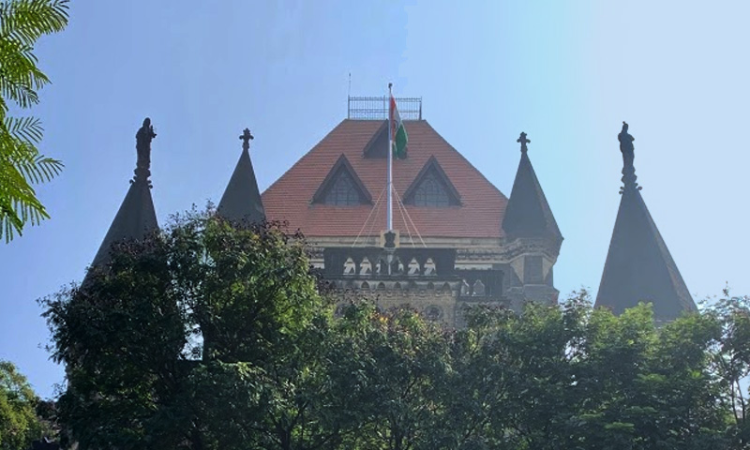The Bombay High Court has ruled that penalty or interest on additional customs duty (CVD) and special additional duty of customs (SAD), or surcharge, which is not connected to the basic customs duty, cannot be imposed in the absence of an explicit substantive provision. The Division Bench of Justices K.R. Shriram and A.S. Doctor observed that there was no substantive provision...

